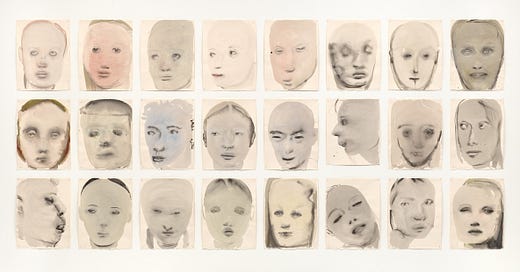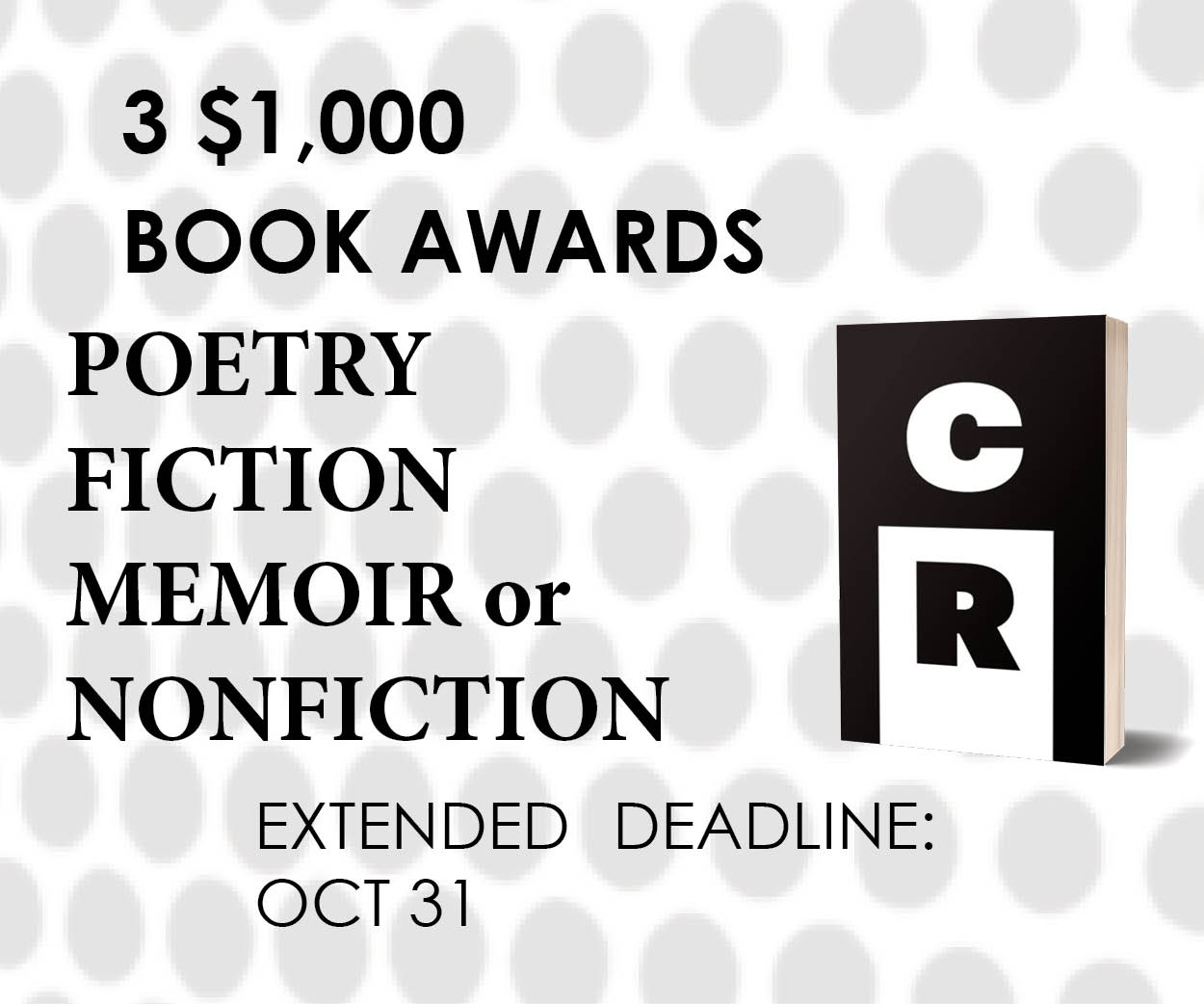Welcome to the Ephemera Newsletter, venner! (Norwegian for “friends”).
Experience abounds. If meeting foreign folks, if traveling eludes in the general and or upcoming now, then why not reach out to local minds—listen widely. Fall is a fabulous time for following up with friends, forwarding new friendships. (There’s always good reason to connect and be outside of self for a writer, particularly if we’ve spent a summer isolating, producing). Beyond people, what about art and artifacts, sure, the ordained sort—museums, galleries, write-ups, and what have we—but too cultural detritus, things discarded or forgotten, waylayed, trash, even, found via junk stores, forgotten books and amateur art. Cross cultural pollination seeds us with, not only detail, but the opportunity to be outside of our socially structured selves, affords non-ideological orientation and thus new reaches of thought. Save those moments and infuse your writing, not archetypally (unless that’s the point) but with finesse and patience, focusing on organics on the ways in which organisms come into personhood outside of their will. In key ways, our artist (Marlene Dumas) and musician (Abigail Washburn) represent these ideals (and much more), Washburn by her travels in China, the integration of a distinct foreign sound—yet somehow oddly akin!—with her banjo-ing, her blue-grassing, and folk-ing, while and too Dumas in her search for visage across boundaries of time and space. We bound after good info for yas, 3 zines, prizes, and jobs. Definitions for knowledge and an extended deadline for C&R Press, our literary sponsor. The foreign, the familiar, the churn of a self pressured by the bounds of our too-locally-derived being, the confluence and strife can yield. Agitate with intent, learn well the comfortable and the uneasy.
Thinking of the smallness of previous weeks, the skill and precision we’re called upon to improve & utilize, sometimes these imperatives are delivered best via adjacency and layering; the small good-great being oft essential though not always the point…think visage, think how a collection of tininess rings as a new, larger phenomenon. Quarks vibrating into nuclei (spooky), assembling into atoms cum molecules cum organelles cum cum cum…and while the micro is fundamental we only need take in the result. Ten thousand banjo strings twanged adjacently yields a complex synthesis which calls upon an emotion not one of those notes can justly produce in isolation—beauteous though that strang may be. Gosh, a guzheng now folk-dances with a banjo, a genre with an anti-genre (we love films for this), but think a paragraph with another wilder, tercet to tercet, essay to concluding haiku; haibun! We’re emoting. We’re gawking at how we can move ourselves, and if so, how we might move readers, movement, push and pull, churn, requiring a mastery of elements, micro to macro, endo vis-a-vis exo, and vise versa. Universal!
We’ll breach by your appreciation!
Takknemlighet! (Gratitude)
~We’re so happy you’re here!~
»»»Remember last week’s letter has urgent deadlines!«««
Ephemera Literary Sponsor: C&R Press
DEFINITIONS:
1. (from wikipedia)
Haibun
noun: (俳文?, literally, haikai writings) a prosimetric literary form originating in Japan, combining prose and haiku.
A haibun may record a scene, or a special moment, in a highly descriptive and objective manner or may occupy a wholly fictional or dream-like space. The accompanying haiku may have a direct or subtle relationship with the prose and encompass or hint at the gist of what is recorded in the prose sections.
More from Poetrysoup.
2. (from Merriam-Webster)
Tercet
noun: a unit or group of three lines of verse:
a : one of the 3-line stanzas in terza rima
b : one of the two groups of three lines forming the sestet in an Italian sonnet
3. (from Ephemera)
Strang
noun: string written to sound like and reference twang.
Featured Music: Abigail Washburn
Keep reading with a 7-day free trial
Subscribe to Ephemera to keep reading this post and get 7 days of free access to the full post archives.



